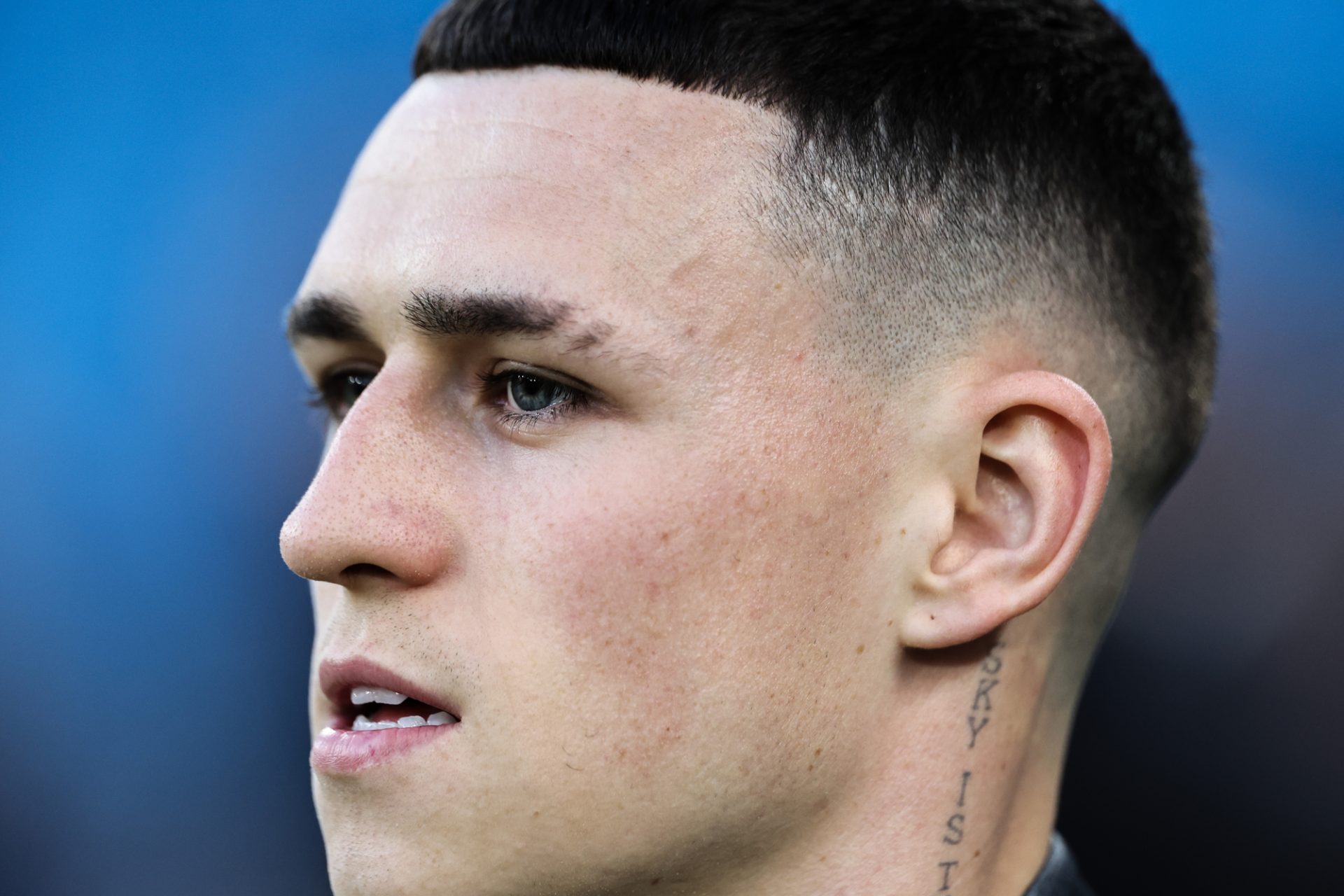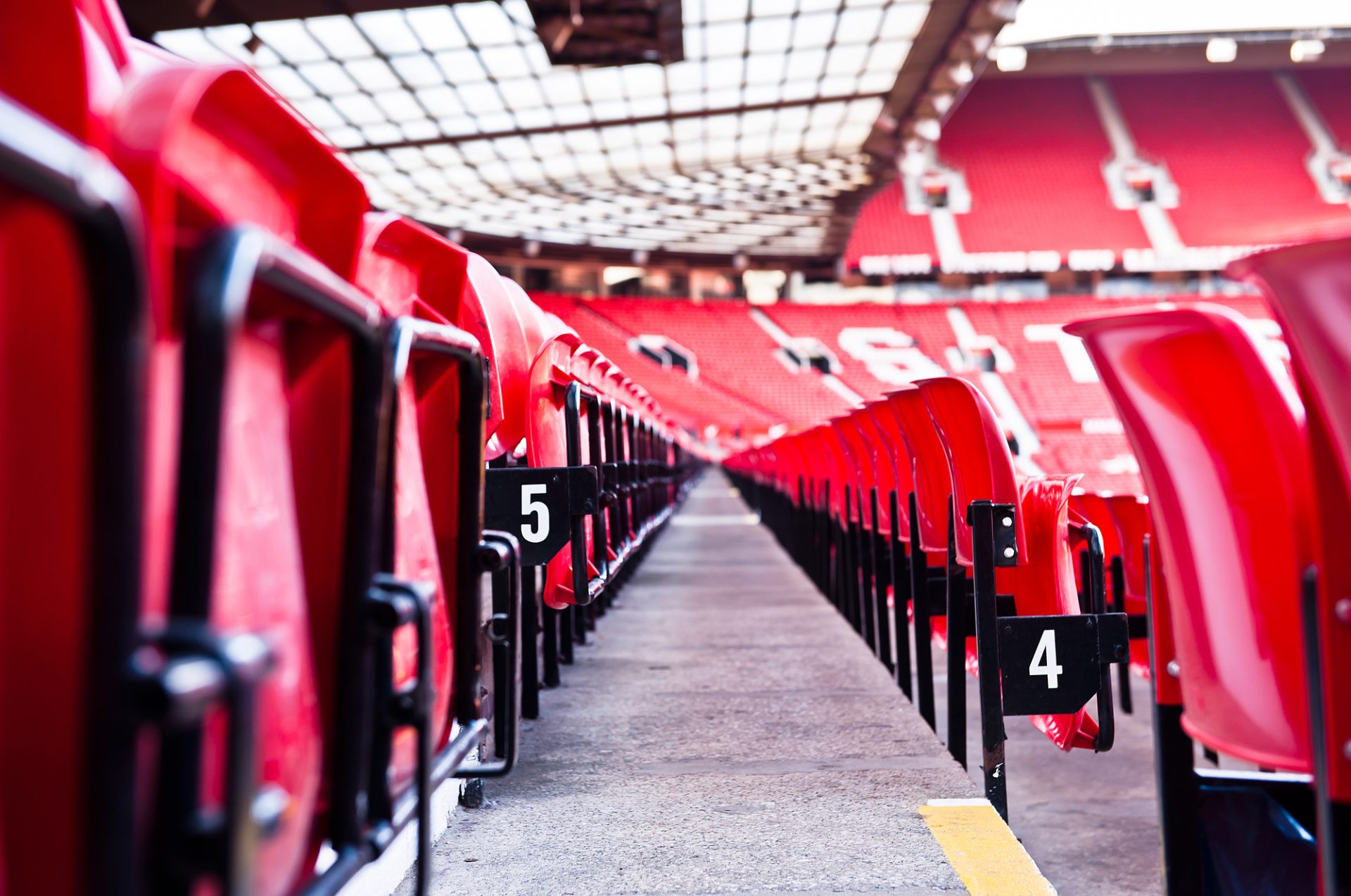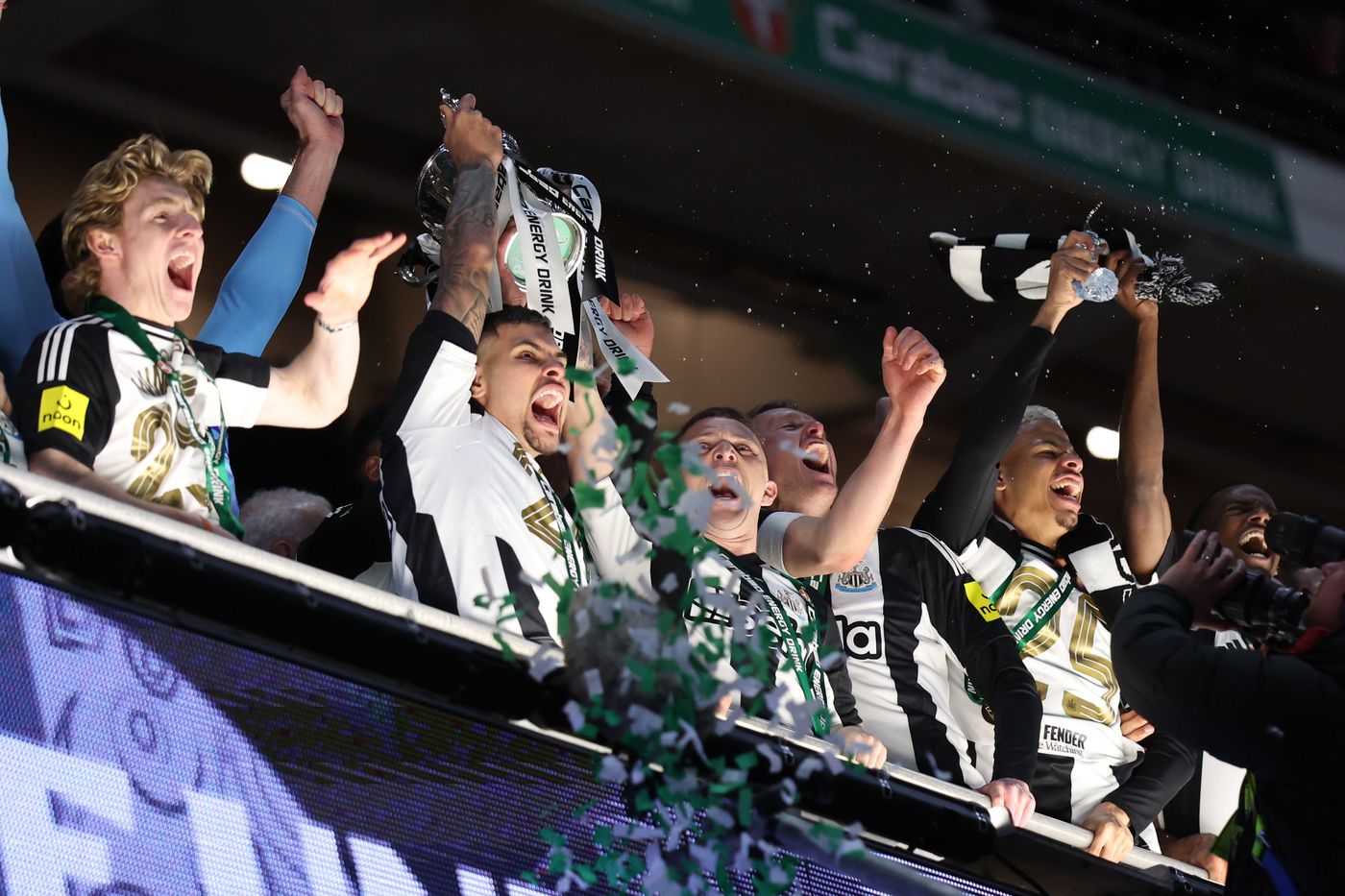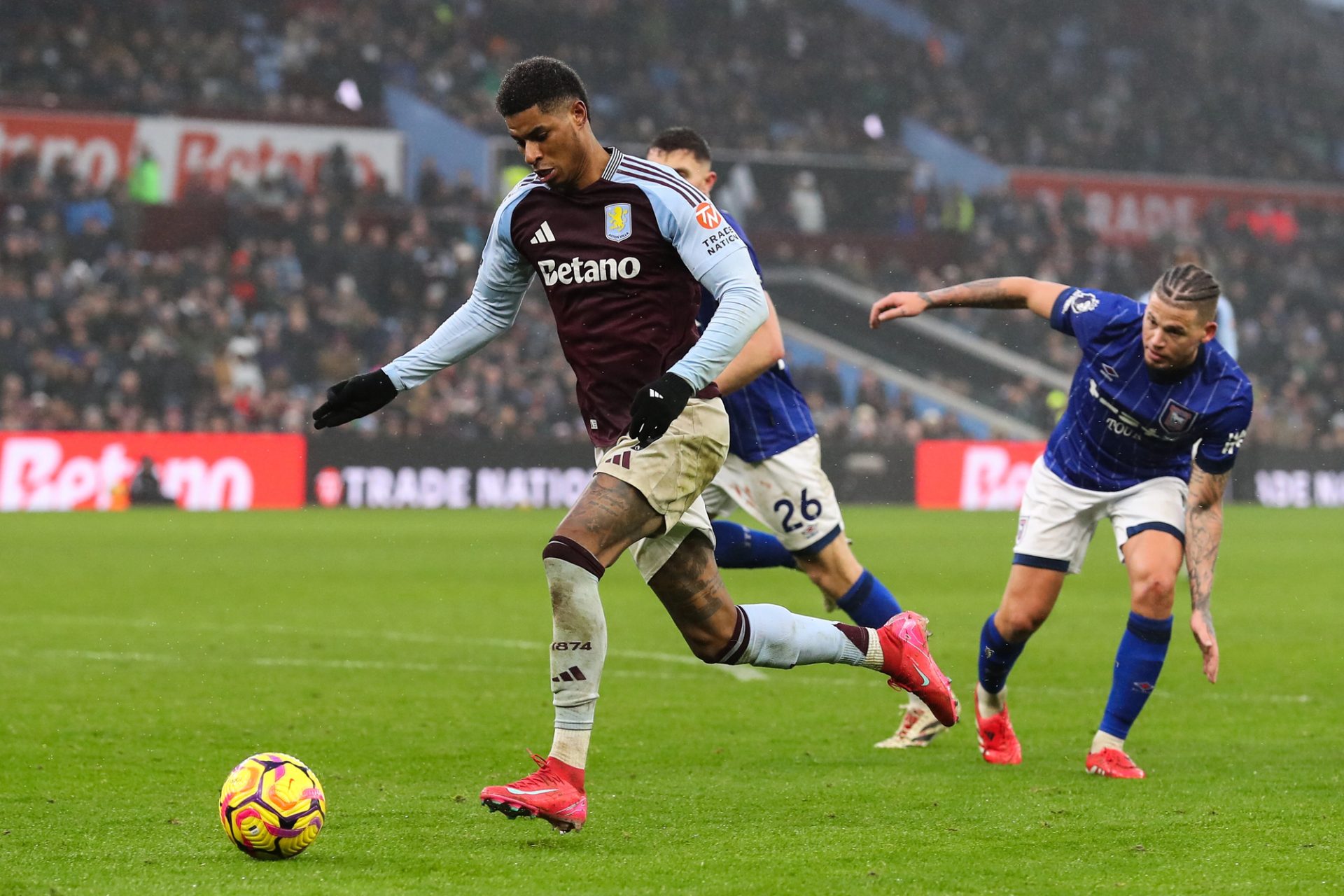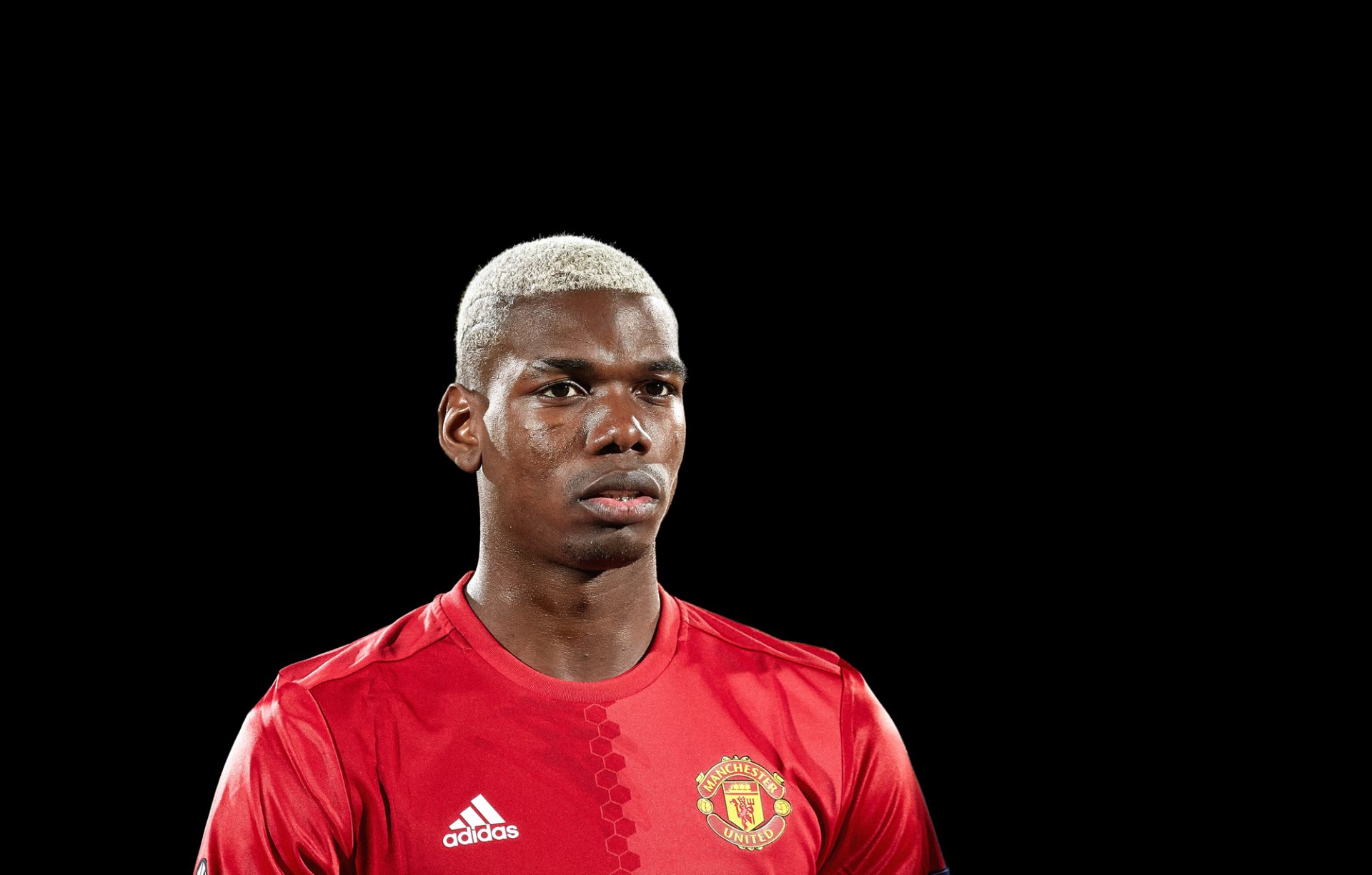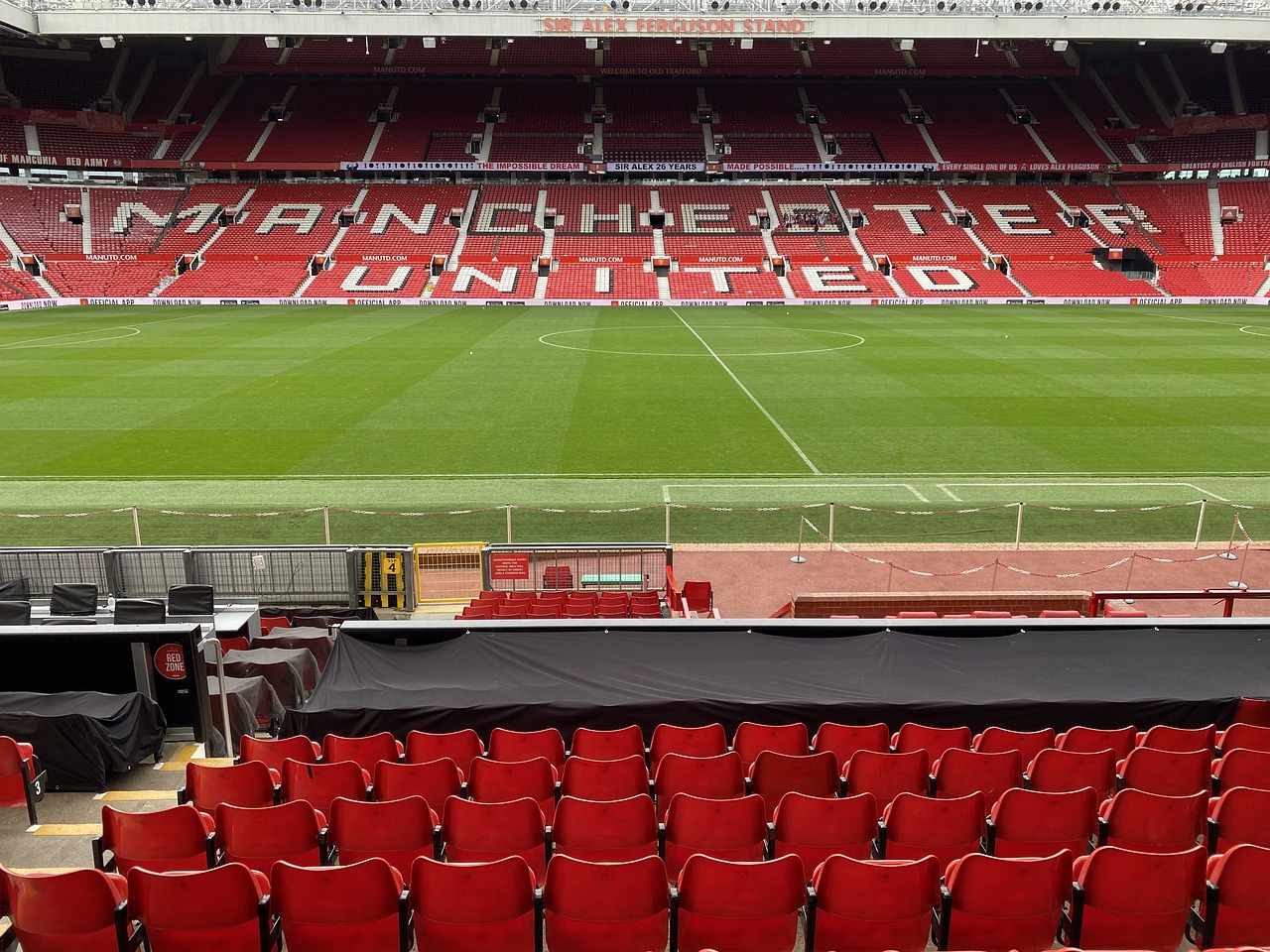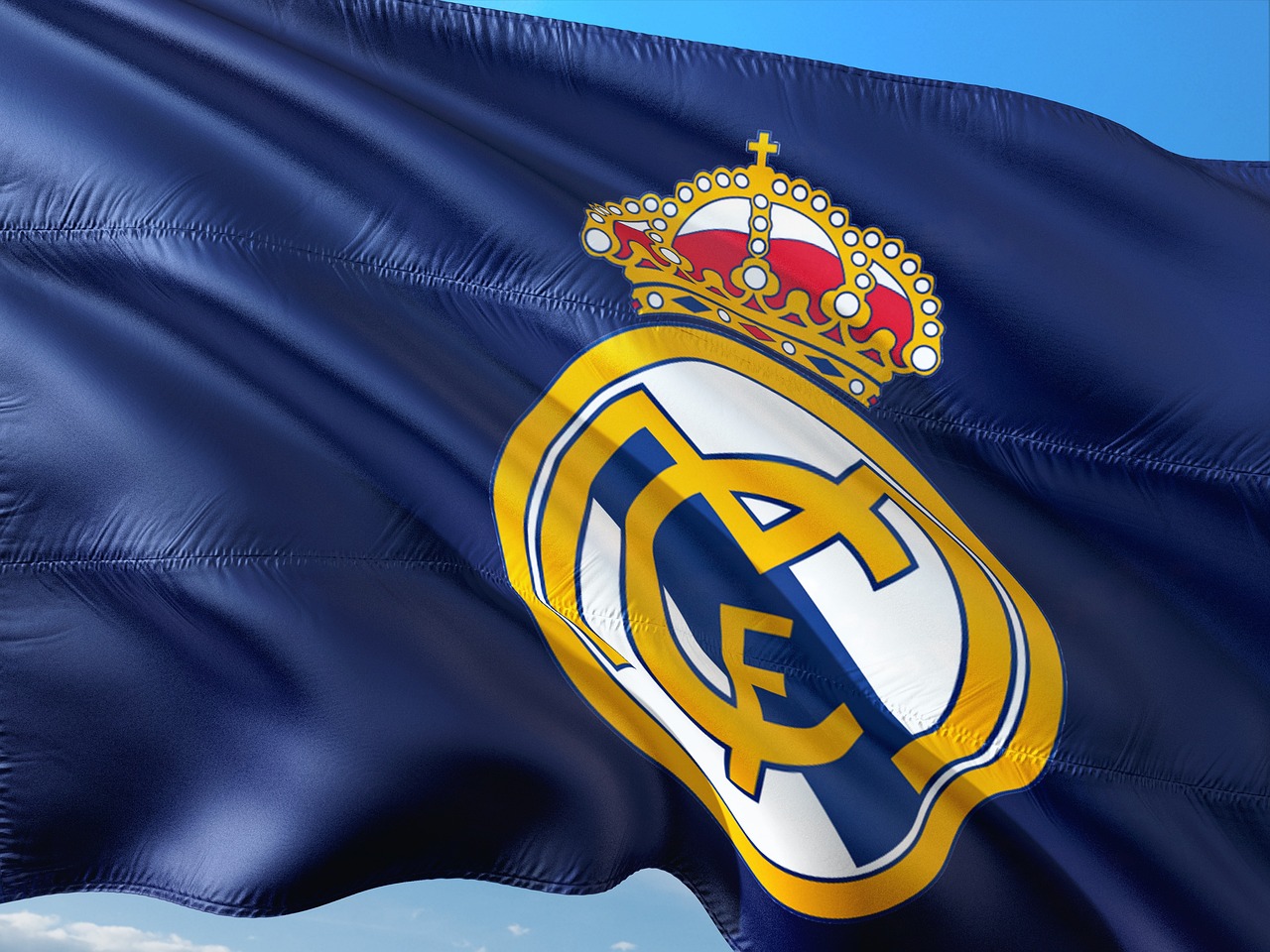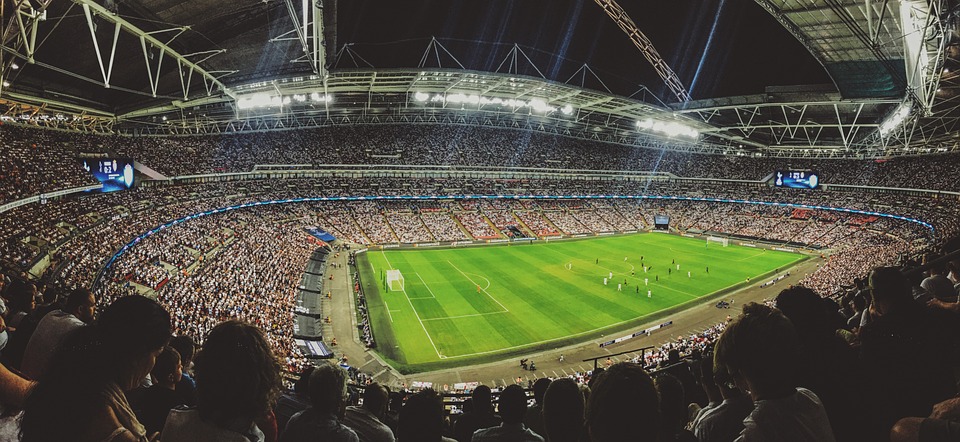Have Man United Ever Been Relegated?
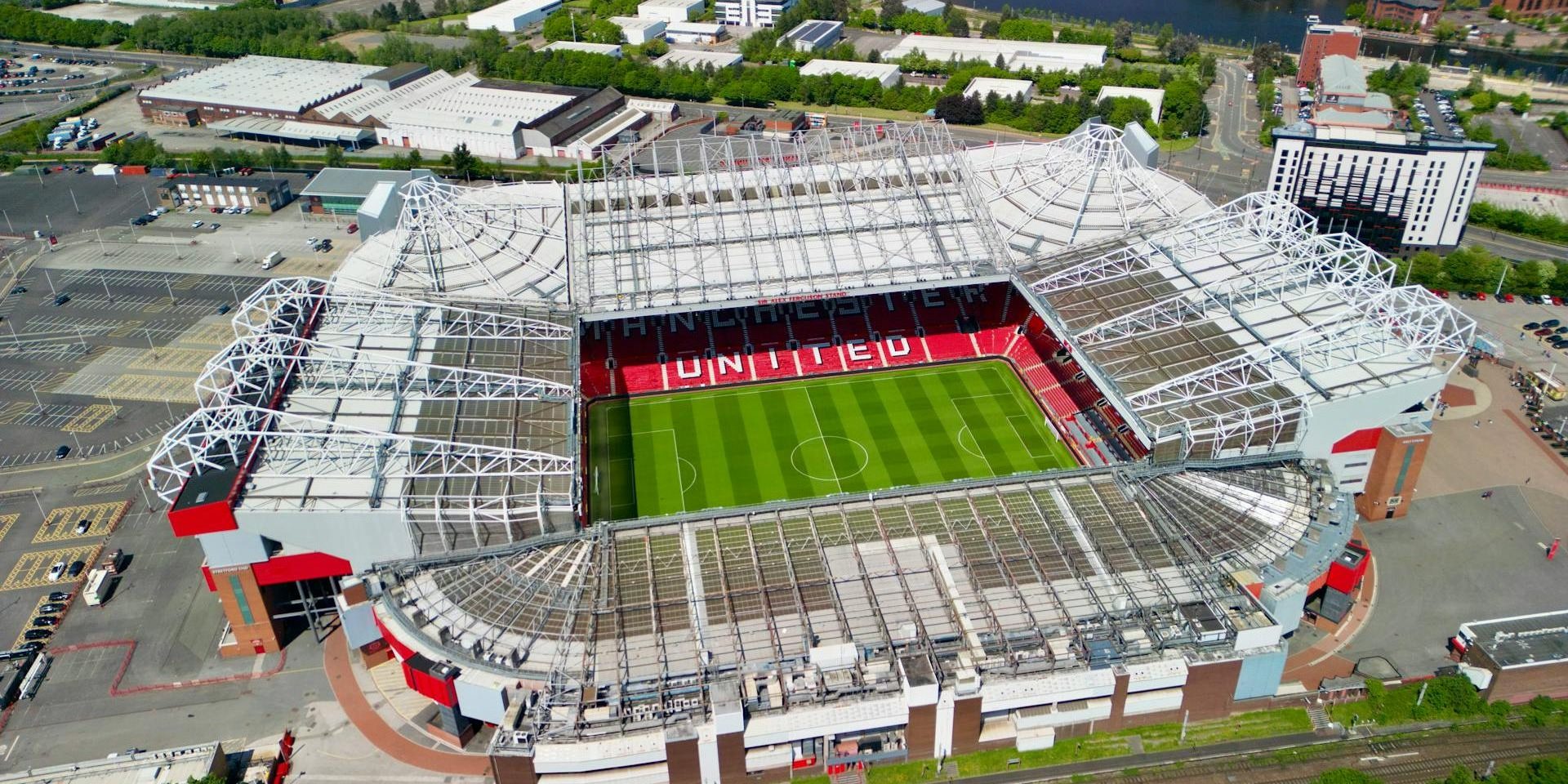
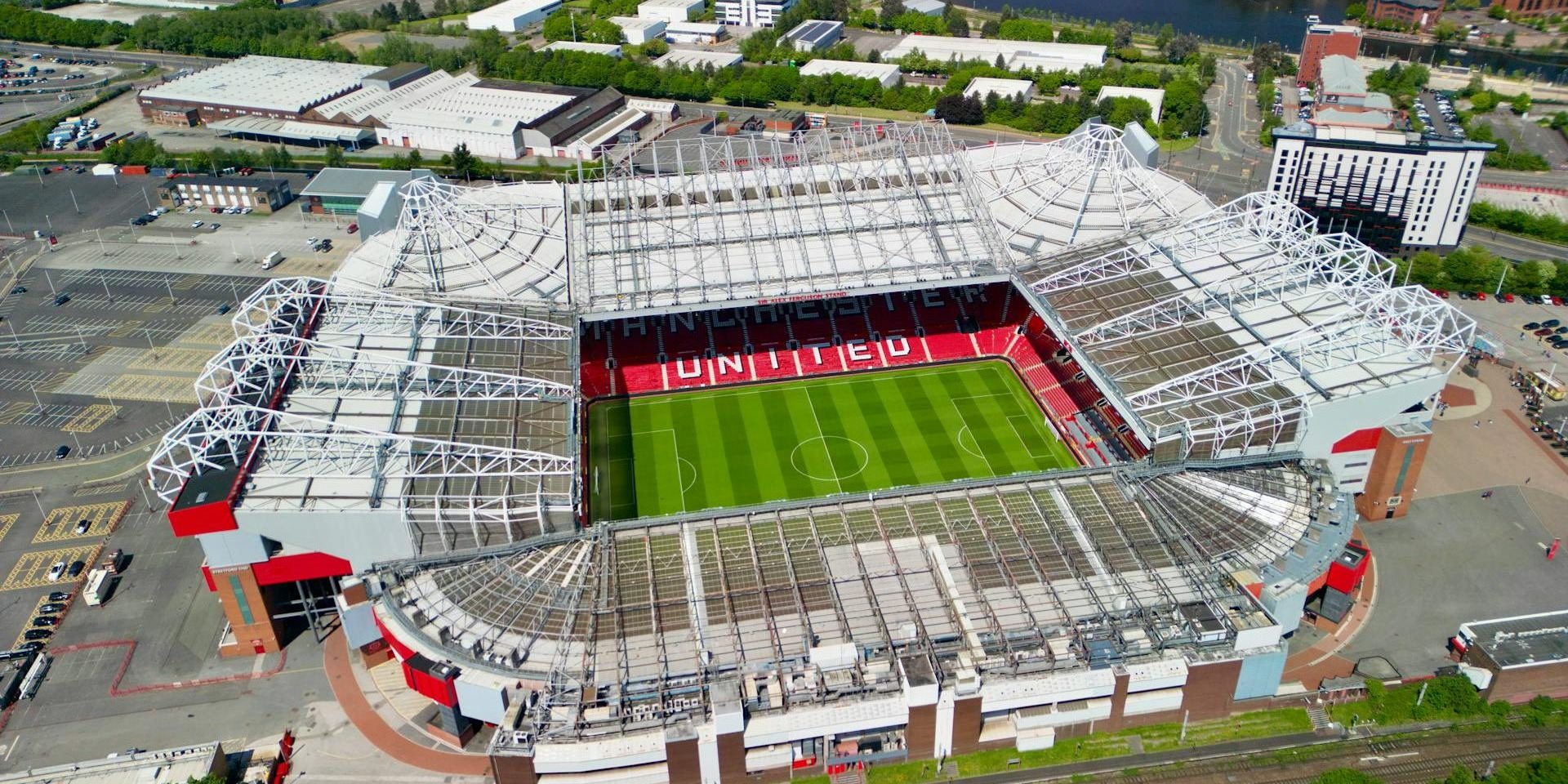
Table of Contents
Manchester United, one of the most storied clubs in English football, has experienced the highs of consistent success and the setbacks of relegation throughout its history. Established in 1878 and rebranded as Manchester United in 1902, the club has become synonymous with the top tier of English football, attracting global attention for its on-field achievements. Despite its reputation and success in recent decades, particularly in the Premier League era, the team has also navigated through periods of struggle which saw them relegated from the top flight.
Relegation is a process that sees teams performing poorly in their respective leagues demoted to a lower division for the following season. Manchester United has faced relegation from the top division of English football on five occasions: in 1894, 1922, 1931, 1937, and most recently in 1974. The club’s time outside the top division has been limited, as they have never dropped below the second tier of English football. After each relegation, United has returned to the top flight, often with renewed strength and resolve.
It’s important to note that the Premier League, as it’s known today, was established in 1992, replacing the old First Division as the highest tier of English football. Since the inception of the Premier League, Manchester United has maintained its status as a top-flight club and has not experienced relegation from this new structure, underscoring their sustained performance at the highest level of the competition.
History of Manchester United Relegations
Manchester United’s journey through English football’s divisions includes moments of setback. Relegation from top-flight football happened at key points in their history, testing the resilience and adaptability of the club.
Initial Relegations and Early History
Manchester United faced relegation from the First Division for the first time shortly after the club changed its name from Newton Heath to Manchester United in 1902. They were relegated again after the seasons ending in 1894, 1922, 1931, and 1937. During these early years, the club experienced the financial and sporting challenges that relegation incurs.
1973-74 Season Downfall
In the 1973-74 season, Manchester United found themselves in a downward spiral culminating in relegation to the Second Division. This was partially due to the retirement of the iconic Matt Busby as manager, and failure to adequately replace aging stars. Key players during this tumultuous season included George Best, whose personal issues led to irregular appearances, Lou Macari, and Willie Morgan. The final blow came when former United icon Denis Law scored for Manchester City in a 1-0 defeat, which many falsely believe was the goal that sealed United’s relegation. However, results from other matches meant they would have been relegated regardless of this game’s outcome.
Impact and Response to Relegation
The response to this setback was swift and positive. The club retained most of its players, and the drop to the Second Division allowed younger talents to emerge, with the team winning immediate promotion by finishing first in the 1974-75 season. The club’s time outside of the First Division was brief, and they returned to Old Trafford with renewed determination and strength, setting the stage for future successes.
Promotion Back to the Top Flight
Following relegation, swift and determined actions ensured Manchester United’s return to the top flight, which laid the groundwork for future successes and enduring stability.
Immediate Aftermath and Return
Manchester United’s relegation to the Second Division at the end of the 1973-74 season marked a decline from their usual standards. However, under the management of Tommy Docherty, the club wasted no time in their quest for promotion. The following season, Manchester United were champions of the Second Division, marking an immediate return to the First Division. Their promotion was not just a quick bounce back but served as a foundation for rebuilding the team.
Long-Term Success and Stability
The promotion back to the top tier of English football was pivotal for Manchester United. It marked the beginning of a period that would eventually lead to long-term success, which included winning multiple league titles. The management established a team capable of competing at the highest level, culminating in the tenure of Sir Alex Ferguson. Under Ferguson’s leadership from 1986 to 2013, Manchester United became one of the most successful English football clubs, both domestically and internationally, symbolizing stability and excellence in the top flight.
Manchester United’s Performance in English Football
Manchester United, affectionately known as the Red Devils, has a storied history marked by significant domestic and international accomplishments. The club’s performance highlights include an impressive tally of league title victories and consistent success in European competitions.
Domestic Success and Title Wins
Manchester United has secured 20 English top-flight titles, including 13 Premier League titles since the competition was founded in 1992, making them one of the most successful clubs in the history of English football. Their domestic trophy cabinet also boasts numerous FA Cup victories, cementing their status as a dominant force in England. Additionally, the Red Devils have celebrated multiple successes in the League Cup, further demonstrating their domestic prowess.
Performance in European Competitions
On the European stage, Manchester United has also left an indelible mark. They have won the prestigious European Cup/UEFA Champions League three times. Their European triumphs include not only the Champions League but also victories in the now-defunct Cup Winners’ Cup and the UEFA Cup, showcasing their adaptability and competitiveness across various European competitions.
Comparison with Other Elite Football Clubs
Manchester United’s history of relegation contrasts with other top football clubs, reflecting varied trajectories in competitive success and financial management.
Rivalries and Comparative Achievements
Other elite English football clubs such as Liverpool and Arsenal have celebrated periods of success without facing relegation since the Premier League’s inception in 1992. These clubs have engaged in longstanding rivalries with Manchester United, each vying for domestic and European honors. Liverpool, steeped in history, has achieved international glory by winning multiple UEFA Champions League titles. Arsenal, known for their distinctive playing style, has garnered league titles and FA Cups, with an emphasis on developing young talent. Both clubs have shown resilience in maintaining Premier League status, reinforcing their positions as top clubs.
Tottenham Hotspur and Everton, while not as decorated in terms of league titles, have also remained in the top flight consistently, illustrating the competitive nature of the league and the importance of strategic management and investment to stay at the highest level. Manchester City and Chelsea’s significant achievements in the modern era have been bolstered by substantial financial investment, showcasing the impact that ownership and monetary support can have on a club’s performance and standing within the league.
Financial and Ownership Dynamics
Ownership & Investment:
- Manchester United: Owned by the American Glazer family, the club has been subject to leveraged buyout which had a noticeable effect on the club’s finances.
- Manchester City: Acquired by the Abu Dhabi United Group, they’ve experienced significant investment, leading to domestic and international success.
- Chelsea: Their recent history was defined by the investment from Roman Abramovich, and the club is known for high transfer spendings.
- Liverpool & Arsenal: Both have American owners, Fenway Sports Group and Kroenke Sports & Entertainment respectively, and have seen mixed investment strategies with focuses on sustainable development and commercial revenue growth.
Financial Power:
- Manchester City & Chelsea: These clubs’ financial capabilities have allowed them to attract world-class talent and dominate national competitions in recent years.
- Liverpool & Arsenal: Their financial approach has been more conservative, focusing on long-term growth and stability.
- Tottenham & Everton: Despite lower financial clout compared to their rivals, they have managed to remain competitive through smart investments and solid club management.
This comparison reveals that while Manchester United have experienced relegation in their history, they have consistently been among the elite clubs in English football, with financial robustness and ownership decisions playing a critical role in their sustained success and that of their rivals.
Contemporary Challenges and Outlook
Following a period of inconsistency, Manchester United faces hurdles in stabilizing team performance and solidifying its position in top-flight football, with a specific need to revisit coaching strategies and set clear objectives for the future.
Coaching Changes and Team Performance
Recent years have seen multiple coaching transitions at Manchester United with David Moyes, Louis van Gaal, Jose Mourinho, and currently Erik ten Hag, all at the helm. These changes have led to varying team performance, with the goal of securing a stable position in the top four fluctuating. The team has faced difficulty maintaining consistency, which is vital for achieving Champions League qualification and aiming for titles.
Future Prospects and Goals
Looking ahead, Manchester United’s focus is on building a strong team that consistently scores and wins matches. The goals for the team include breaking into the top four and securing a place in European competitions. Under Erik ten Hag, there is an anticipation of strategic gameplay, fostering a return to form that aligns with Manchester United’s history of success.

